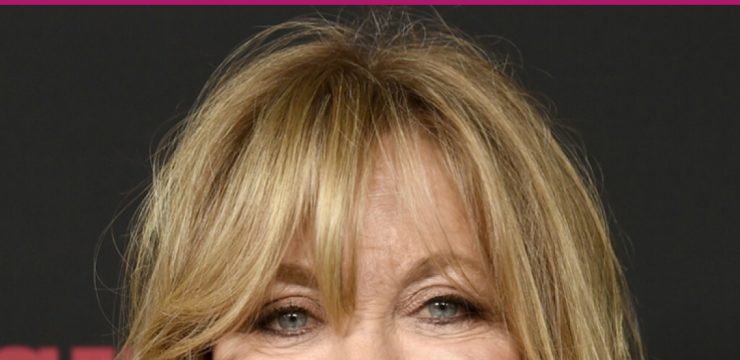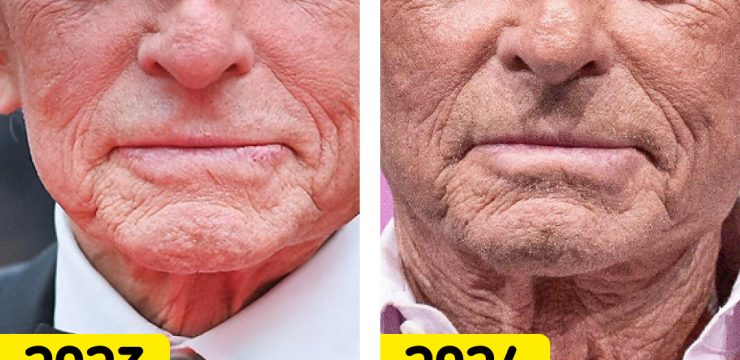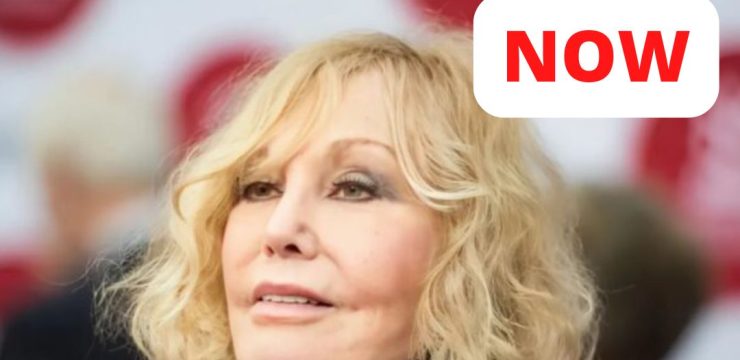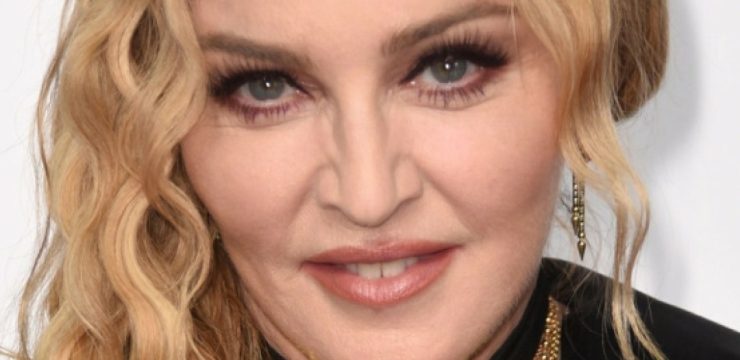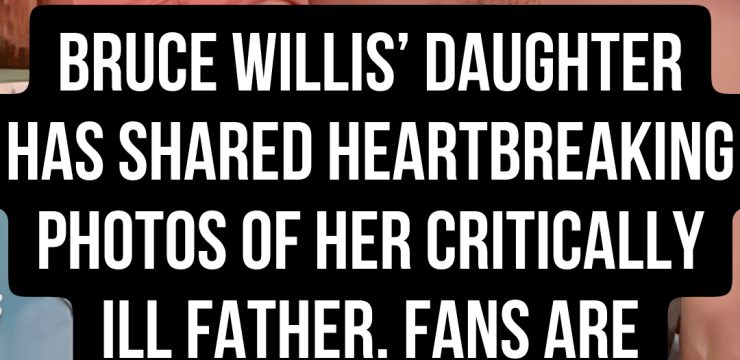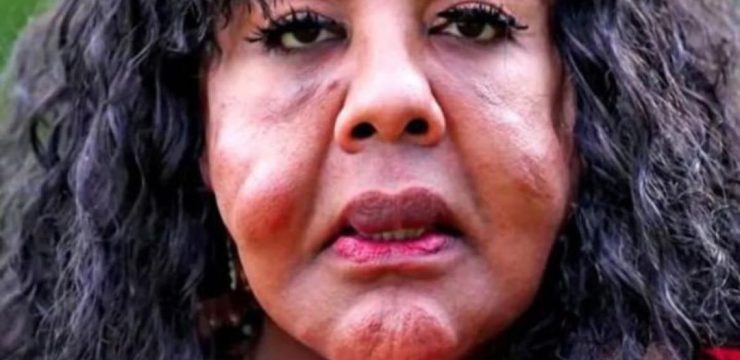Over the course of her career, Renee Zellweger has consistently demonstrated an extraordinary level of dedication to her craft, especially when it comes to physically transforming her appearance for the roles she takes on. One of the most well-known and talked-about examples of this commitment is her portrayal of Bridget Jones, a character who quickly became iconic in both British and American pop culture. When Zellweger was cast in the first installment of the Bridget Jones’s Diary franchise, she knew that the role required more than just emotional and comedic nuance—it also required a physical transformation that aligned with the character’s insecurities, lifestyle, and relatability. To accurately represent Bridget, a woman who was often self-conscious about her weight and navigating personal and romantic struggles, Zellweger gained approximately 15 kilograms (over 30 pounds). This intentional weight gain wasn’t merely for shock value or media buzz; it was rooted in artistic integrity and authenticity. Zellweger wanted audiences to believe in Bridget, to see themselves in her, and to understand the very real insecurities many women face regarding body image.
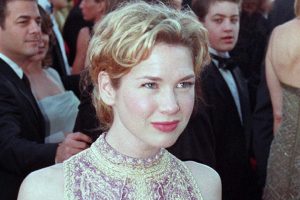
The film turned out to be a box office success, resonating with millions of viewers who appreciated the film’s wit, charm, and honest portrayal of a flawed, lovable protagonist. Zellweger’s performance was widely praised, earning her a place among the elite actresses in Hollywood and proving that her decision to undergo such a drastic transformation had paid off. However, the attention didn’t stop at accolades and critical acclaim. As soon as the cameras stopped rolling, the expectations shifted. Directors and producers began reaching out to offer Zellweger more roles—on one condition: she would need to shed the added weight almost immediately. In an industry that often places immense value on physical appearance, particularly for women, Zellweger found herself in a difficult position. Her success opened doors, but those doors came with caveats that placed intense pressure on her physical body.
Determined to continue her momentum and meet the demands of the industry, Renee embarked on a challenging weight loss journey. Through strict dieting and an intense fitness regimen, she managed to lose the weight she had gained. But it came at a cost. Observers noted that at one point, she appeared extremely thin—almost alarmingly so. The toll on her health, both physically and mentally, was becoming more evident. Still, when the opportunity arose to reprise her role as Bridget in the sequel, she didn’t hesitate. She knew that to return to the character in a way that maintained the integrity of the story, she would need to gain the weight all over again. And once more, she did.
The cycle of gaining and losing weight began to wear on her body. While such transformations may seem admirable on the surface, they have significant repercussions on a person’s metabolism, hormonal balance, and overall well-being. By the time she completed the second film, shedding the weight again proved more difficult than it had the first time. Her body was slower to respond, her energy levels weren’t the same, and some noticeable changes in her appearance began to emerge. Fans and industry professionals alike commented that she looked older than her actual age, a shift that many attributed to the constant strain placed on her body through these repeated physical transformations.
In recent years, Renee Zellweger has been largely out of the spotlight, choosing to live a more private and low-key life. However, that hasn’t stopped the media from keeping an eye on her. Paparazzi photos that surfaced from a casual shopping trip reignited public conversation about her appearance and the toll that Hollywood’s relentless beauty standards can take on even the most successful stars. In the photos, Renee was dressed in an understated, comfortable outfit—a beige cap, a black cardigan layered over a gray T-shirt, and a pair of black tights. She appeared without makeup, perhaps not expecting or wanting to draw attention.
But the photos quickly went viral, not because of her outfit, but because of her face. Longtime fans were shocked to see how dramatically her appearance had changed. Her once youthful features seemed to have faded. Her skin showed deep wrinkles, and prominent nasolabial folds became visible. Her facial structure appeared softer, less defined, and markedly different from how many remembered her. Online forums, entertainment blogs, and social media platforms were flooded with comments from people expressing confusion, concern, and disbelief. Some wondered if it was truly her in the photographs, while others speculated on whether the years of weight fluctuation had accelerated the aging process or whether unsuccessful cosmetic procedures had played a role.

Indeed, it is no secret that Zellweger has had cosmetic work done in the past. She even publicly addressed the speculation surrounding her face in a heartfelt essay, defending her right to look how she chooses and criticizing the media’s obsession with women’s appearances. Yet despite these statements, the public’s scrutiny has not waned. Many of the recent remarks focused less on her acting and more on her transformation, with users saying things like, “Is that really Renee? I thought it was someone else,” or, more bluntly, “Losing weight isn’t for everyone, and Renee proves it.” These kinds of comments reveal not only the challenges faced by celebrities but also the broader societal issues at play. The constant judgment, the expectation for women to remain ageless, and the cruel lens through which female celebrities are often viewed all contribute to a culture that values appearance over talent or personal well-being.
What is often left out of these discussions is the psychological impact this type of attention can have on a person. For someone like Renee, who has built a career on her ability to inhabit deeply human characters, being reduced to a topic of tabloid fodder is particularly painful. It’s a stark contrast to the meaningful, nuanced work she has produced throughout her career. Critics and fans alike often forget that actors are real people. They have feelings, vulnerabilities, and private battles that the public rarely sees. And in Renee’s case, her willingness to go through extreme physical changes for her art is something that should have been met with admiration, not derision.
Moreover, the entire saga surrounding Renee Zellweger’s physical appearance raises a larger question about the double standards in Hollywood. Male actors often undergo body transformations and are praised as heroic or disciplined for doing so. Think of Christian Bale, who famously altered his physique for roles in The Machinist, Batman Begins, and Vice. While his efforts were celebrated, Renee’s sacrifices have frequently been used as a reason to criticize or mock her. This inconsistency points to a systemic bias that punishes women for aging, gaining weight, or failing to meet an arbitrary standard of beauty, while simultaneously lauding men for doing the exact same things in the name of their careers.
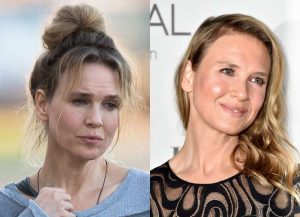
It’s also worth mentioning that Renee Zellweger has never used her appearance as her only claim to fame. From her breakout role in Jerry Maguire to her Oscar-winning performances in Cold Mountain and Judy, she has repeatedly proven her acting chops. Her ability to emotionally connect with audiences, her charm, and her dedication to fully immersing herself in her characters are what have made her a household name. Her portrayal of Judy Garland in Judy was particularly poignant, offering a raw and deeply empathetic look into the troubled life of another woman who had been consumed and broken down by the entertainment industry.
So when we see Renee Zellweger today, perhaps looking older, more tired, and less “perfect” than what we’re used to, what we’re really seeing is a woman who has lived fully, who has committed herself to her career, and who has navigated the intense pressure of fame with more grace than many would be able to muster. The wrinkles, the less-defined features, the visible aging—they are not signs of failure. They are evidence of life lived with purpose, of a woman who has prioritized substance over surface, and who has paid a price for doing so in a world that often refuses to see value beyond appearance.

The story of Renee Zellweger’s transformation is more than just a tale of weight gain and weight loss. It’s a cautionary narrative about what happens when an industry built on illusions demands too much from the people who bring its stories to life. It reminds us that the cost of fame is not just the loss of privacy, but sometimes the loss of health, peace of mind, and even identity. While the public may continue to speculate and gossip, what deserves to be remembered is the courage it takes to keep showing up, even when the world is fixated on your flaws.
Renee Zellweger’s journey serves as a reminder to all of us: no one is immune to the effects of time, stress, and societal pressure. But some, like her, face it all in the spotlight, with millions watching and judging. And yet, she carries on. Perhaps that resilience, not her figure or her face, is her most beautiful and inspiring trait of all.
